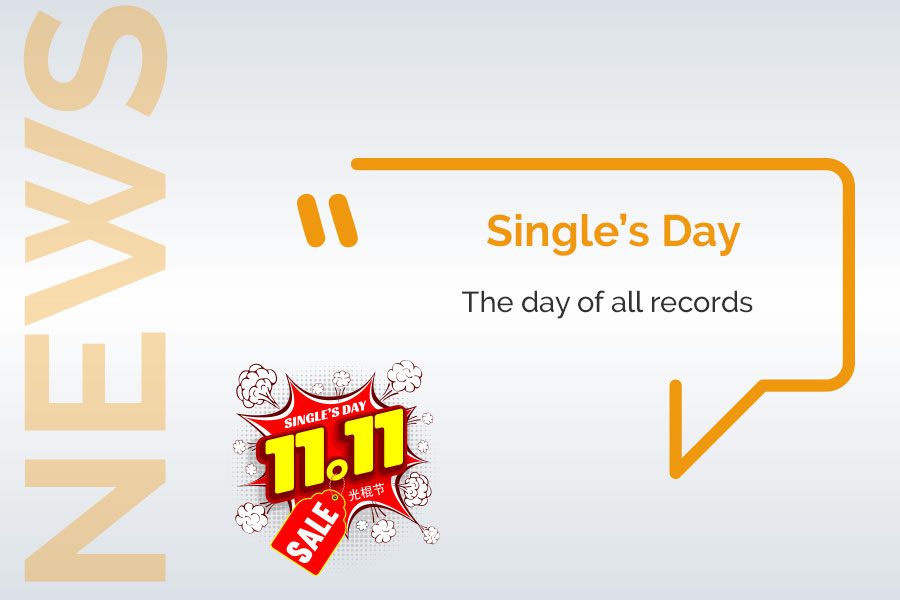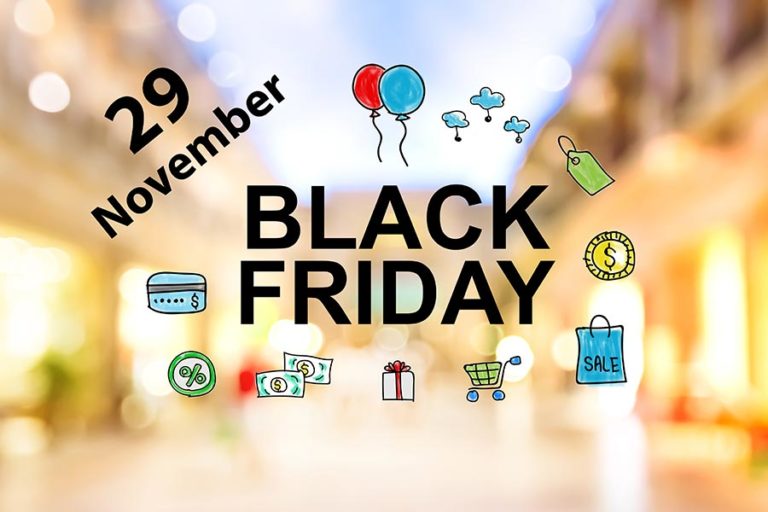Black Friday & Cyber Monday; what is it? when is it?
Like other “holidays” with a strong commercial connotation imported from the United States, such as Halloween or Valentine’s Day, Black Friday and Cyber Monday are now fully integrated into the commercial agenda of many professionals.
What makes the strength of these days (apart from their relative novelty) is their very strong specificities:
- Theoretically, the discounts granted can reach levels that are rarely found during the rest of the year (40, 50 or even 70%).
- Their place in the calendar is the starting point for year-end purchases.
- Black Friday (29 November 2019) allows merchants and e-merchants to achieve one of the highest sales of the year in a single day.
- Cyber Monday (December 2, 2019) is exclusively for cyber merchants.
- Unlike the sales which are mainly intended for traditional showcase shops, these two days allow other retailers such as car brands, travel agencies, banks, beauty salons… to offer important discounts to their customers.
To optimize the turnover of these days and to ensure a better return on investment of the advertising expenses devoted to them, it is more and more frequent to see the appearance of Black Friday Week or Black cyber Week which, as you have understood, allow to extend the duration of this promotion period.










